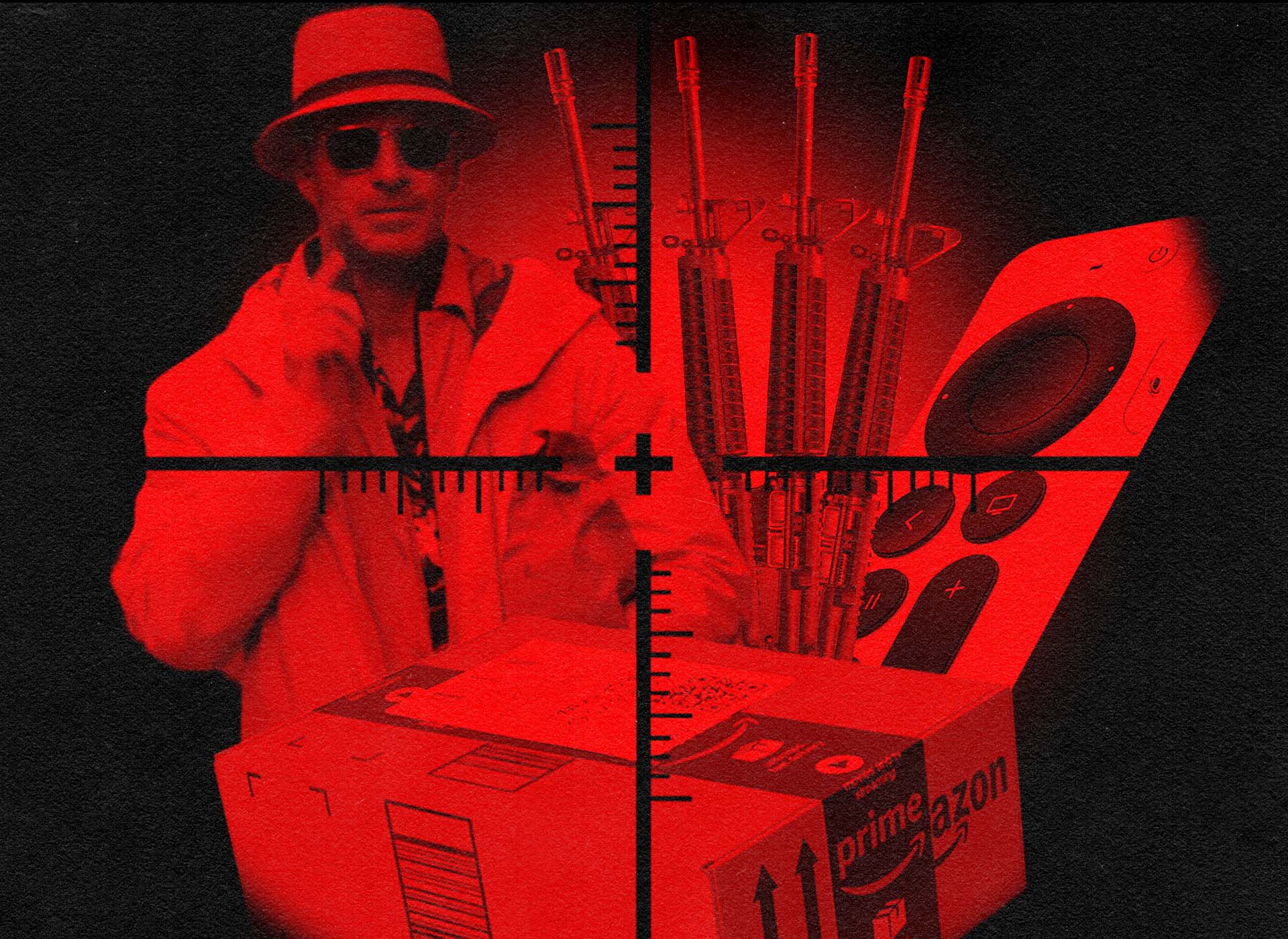
David Fincher’s Violence as a Service
'The Killer' shows how expendable art makes for expendable lives.
David Fincher is a downer. Or so the story goes. The New York Times’s film critic Manohla Dargis said as much in her 2020 essay that surveyed the Hollywood fixture’s career as Mank, his take on the making of Citizen Kane, hit Netflix. “Filled with virtuosic images of terrible deeds and violence, his movies entertain almost begrudgingly,” Dargis writes. “Even when good somewhat triumphs, the victories come at a brutal cost. No one, Fincher warns, is going to save us.”
While no one would mistake a Fincher film for an inspiring studio drama, the director’s supposed bleakness is less the result of his outlook than his fascination with how already compromised characters flail at finding a moral compass in a world that even they find unseemly: Mark Zuckerberg cyberpunking out on the Harvard elite in The Social Network or Herman “Mank”' Mankiewicz nursing his alcoholism and outsized ego to fight for Hollywood integrity. In the end, Fincher is a ruthlessly pointed social critic dirtying up Hollywood’s gloss. His craft is impeccable, and his dankness beautiful whether in Zuckerberg’s zombified fluorescent dorm room or the faltering Missouri suburbia of Gone Girl.
Consequently, Fincher is not a filmmaker whose work is best consumed via Netflix as a multitask for couch potatoes in thrall to their phones. His films require undivided attention because even those in his cult can’t seem to come to terms with what he’s saying. Witness the legion of Fight Club devotees who took up the film’s call to anti-corporate rebellion without realizing the whole point of the movie is that activism is as endlessly franchisable as fast food, a lesson we would have done well to remember in BLM’s halcyon days.
Like it or not, Fincher’s lifeline in a culture that willfully cheapens itself with bipartisan precision is Netflix. He signed an exclusive deal with the streaming giant shortly after his time developing House of Cards and Mindhunter. Like any pragmatic artist, he’s doing what he needs to keep going. But that doesn’t mean his work is adulterated.
I would have preferred to see his new film, The Killer, on the same Dolby multiplex screen on which I watched Scorsese’s Killers of the Flower Moon a few weeks back. However, as usual, such desires run contrary to the point. With The Killer, Fincher has made a parable about the disposability of our moral and cultural fabric disguised as a by-the-numbers hitman movie, a warning sign about our current trajectory that is a natural extension of his career-long preoccupations tailor-made for our moment.
The Killer finds Fincher reuniting with Seven writer Andrew Kevin Walker to tell the story of a nameless high-end assassin (Michael Fassbender) who globetrots to find the parties responsible for nearly killing his girlfriend after he accidentally botches taking out a rote 1-percenter in Paris. Like John Wick before it, the film builds its foundation on genre formula. Yet, while the former occupies itself with majestic action set pieces that are an art form of their own, The Killer willfully seeps into its genre conventions only to subvert them.
From its opening frames, Fassbender’s hitman rattles off the routine of his life in an interminable voiceover, spouting pearls like, “Skepticism is often mistaken for cynicism. Most people refuse to believe that the great beyond is no more than a cold, infinite void. But I accept it, along with the freedom that comes from acknowledging that truth.”
If Fassbender sounds like a fervent Fight Club fan who just doesn’t get it, that’s the intent. Fincher’s movie is an exercise in the generic because it’s a movie about a society so cookie-cutter and isolated that it passively devours violence as its primary form of entertainment. Not since Terrence Malick’s Badlands has a filmmaker so skillfully used purposely overcooked voiceover against itself. Fassbender’s killer is sloppy. Despite his wealth and storage units full of espionage toys, the only thing he really has is his scruples.
He’s the type of guy who tells the audience at the outset that justice doesn’t exist before going on a hero’s journey to achieve it, a killer who decries empathy but builds his tit-for-tat moral code on that very attribute. Even if this hero succeeds, it's less because of his special set of skills than the cold and removed culture in which he enacts his violence. His greatest tools are not guns and knives, but the Avis rentals, WeWork offices, and Prime delivery that allow him to take the convenience and coldness of West Coast tech advancement to its logical conclusions.
Fassbender’s refrain throughout the movie is that, despite his money and training, he remains one of the many, not the few. He’s an anti-hero in a genre that demands rugged individualism but requires him to meld into local color. Similar to Fincher, he’s a conflicted craftsman forced to hide his singularity amid an all-encompassing oligarchy. And he’s come to terms with it. In the end, it’s all about the work.
The Killer is now streaming on Netflix.
